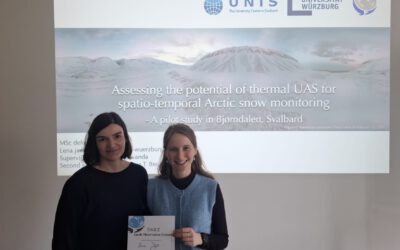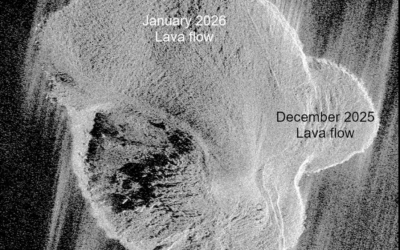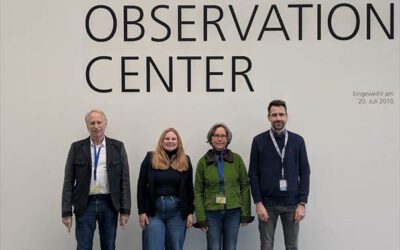It was a great option to show to the interested public how AI and Earth Observation can provide valuable information for our daily lives e.g. by mapping urban heat islands, urban trees or flooding events including damages and georisks.
Guest talk at ENS Lyon
Our PI Florian Betz was invited to give a seminar talk about his research on remote sensing of river dynamics at the ENS Lyon in France. The seminar "Cafe Fluvial" is part of the doctoral training and research network "H2O Lyon" in which a number of research...









